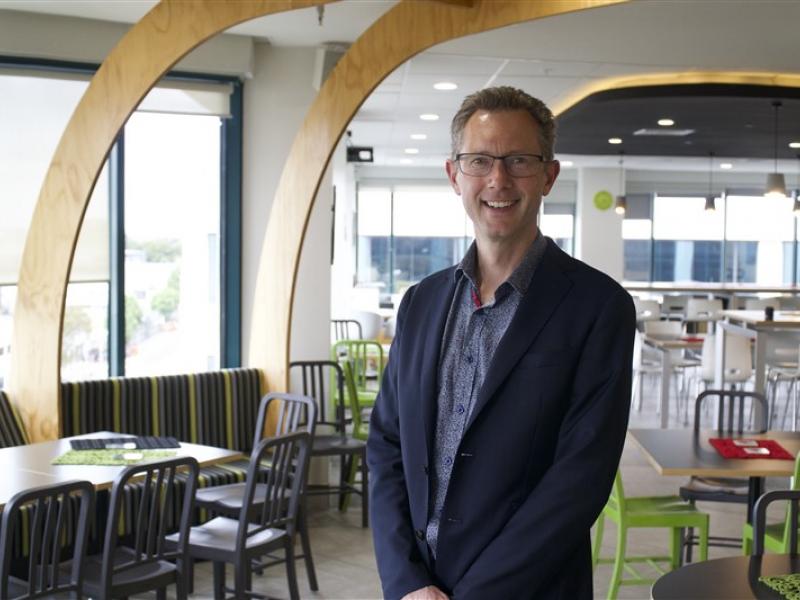Offer all the fruit bowls you like but it’s going to take more than that to lift employee wellbeing, says Jane Kennelly, Skills Consulting Group General Manager of Wellbeing.
Kennelly is fronting a new Work Wellbeing Index, the first of its kind for New Zealand, which reveals fruit bowls and yoga classes are perceived by staff as evidence of an insincere ‘box-ticking’ mentality – and that Kiwi businesses have plenty of room for improvement when it comes to wellbeing in the workplace.
According to the Skills Consulting Group Work Wellbeing Index, which surveyed nearly 1500 Kiwi workers, New Zealand has an overall work wellbeing score of 62 out of 100, with manufacturing and engineering coming in at 70.
The Index measures what’s really important to Kiwi workers in the workplace; what contributes to their workplace wellbeing; and if they feel their current organisation has a wellbeing culture. It measures existing wellbeing initiatives in Kiwi workplaces, providing a path to improvement.
“We know that work wellbeing is important – that’s a no-brainer,” says Kennelly. “The Work Wellbeing Index takes that discussion to a new level and quantifies exactly where we are at in New Zealand workplaces and sets a benchmark for improvement.”
Demonstrating ‘genuine care’ has the biggest positive impact on workplace culture, the data exposed a significant gap that exists between what employees expect and what employers offer in this area.
“Organisations that show genuine care for their managers and colleagues, as opposed to the tick-box approach, are clearly identified as coming out on top. Sixty three percent of employees said a positive wellbeing culture is number one when looking for a role, yet employers are falling short, with workers saying only 40 percent of their employers actually meet their needs,” says Kennelly.
“Workers are saying bosses talk about wellbeing because they have to so they put communal fruit bowls on the table – but what employers are not seeing, are people ducking from the bananas that are thrown around the office.”
Kennelly says the study found employee satisfaction levels can increase by as much as 11 percent if an organisation has a proactive wellbeing culture.
“And the best news, that all employers want to hear, is that as satisfaction increases so too does productivity.”
The Work Wellbeing Index also looks outside of the workplace and into people’s personal lives – showing a clear link between the way people feel at work and their personal life.
“Intriguingly, we see that as satisfaction in the workplace increases, so does employee’s overall satisfaction with life, jumping from 36 percent to 85 percent. We know there’s a blurring between peoples’ work and personal lives, and this research is showing us that cultivating a work wellbeing culture can play a vital part in impacting a person’s life.”
Demographically the results were similar, however the Work Wellbeing Index did see differences across sectors, with employees in education and healthcare scoring below the national score of 62 and construction coming in bottom with a score of 55.
Skills Consulting Group Work Wellbeing Index – by sector (New Zealand)
National wellbeing score 62
Construction/trades 55
Retail 61
Education 59
Healthcare 59
Hospitality 61
Manufacturing 70
Professional Services 64
Government 68
“Never before has wellbeing been more on the agenda. We stand at the intersection where New Zealand organisations have tremendous power to shape the work and personal lives of their workforce. They can choose to embrace wellbeing as an integral part of a company’s DNA, and ultimately improve their productivity and positively impact people’s satisfaction in life.”
She says while this is the first research study of its kind in New Zealand, Skills Consulting Group will publish the Work Wellbeing Index annually.
“We have a clear snapshot of what wellbeing at work looks like in New Zealand in 2021 and we’re looking forward to seeing how New Zealand organisations take up the challenge into 2022. Imagine what 100 out of 100 on the index would look like.”






